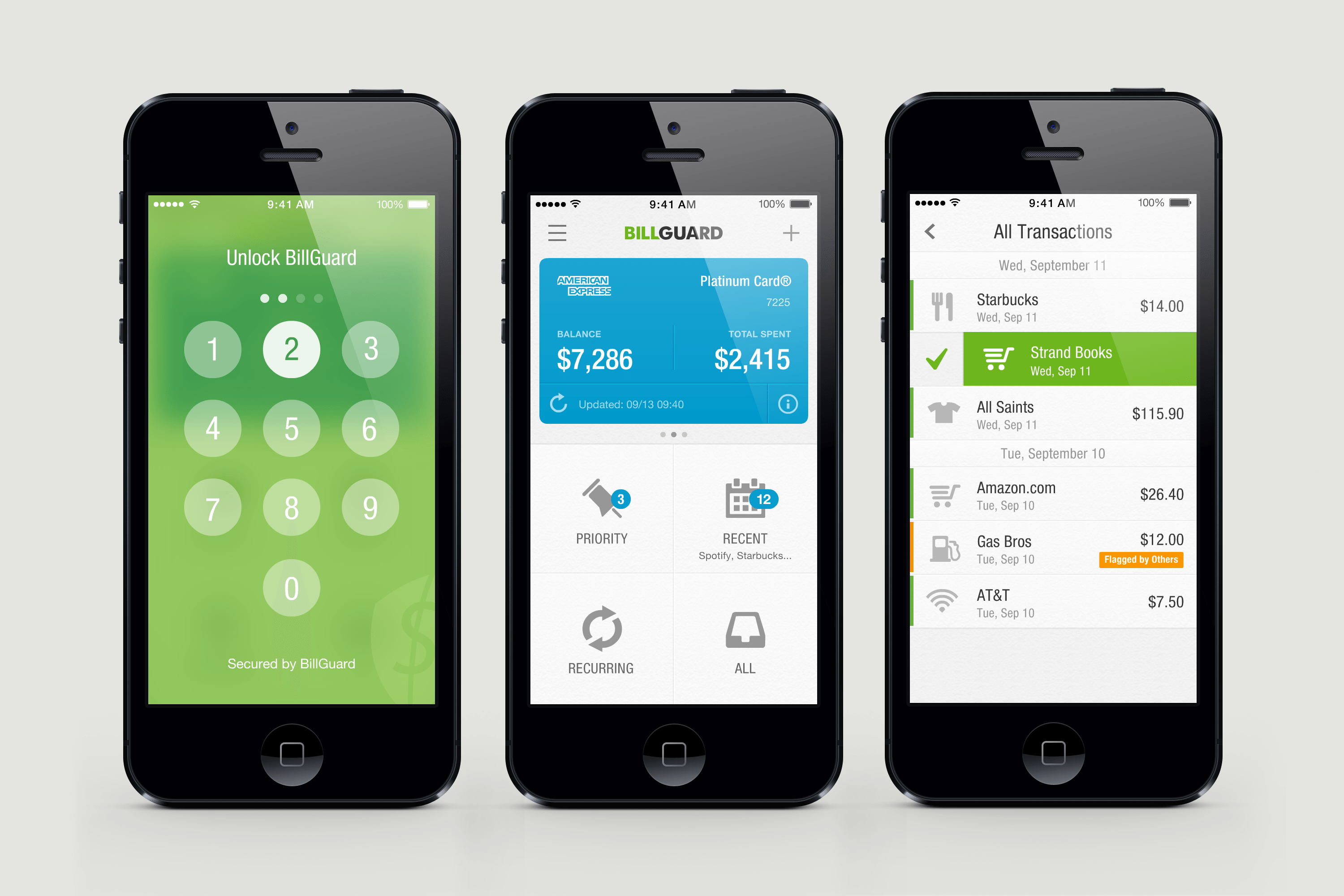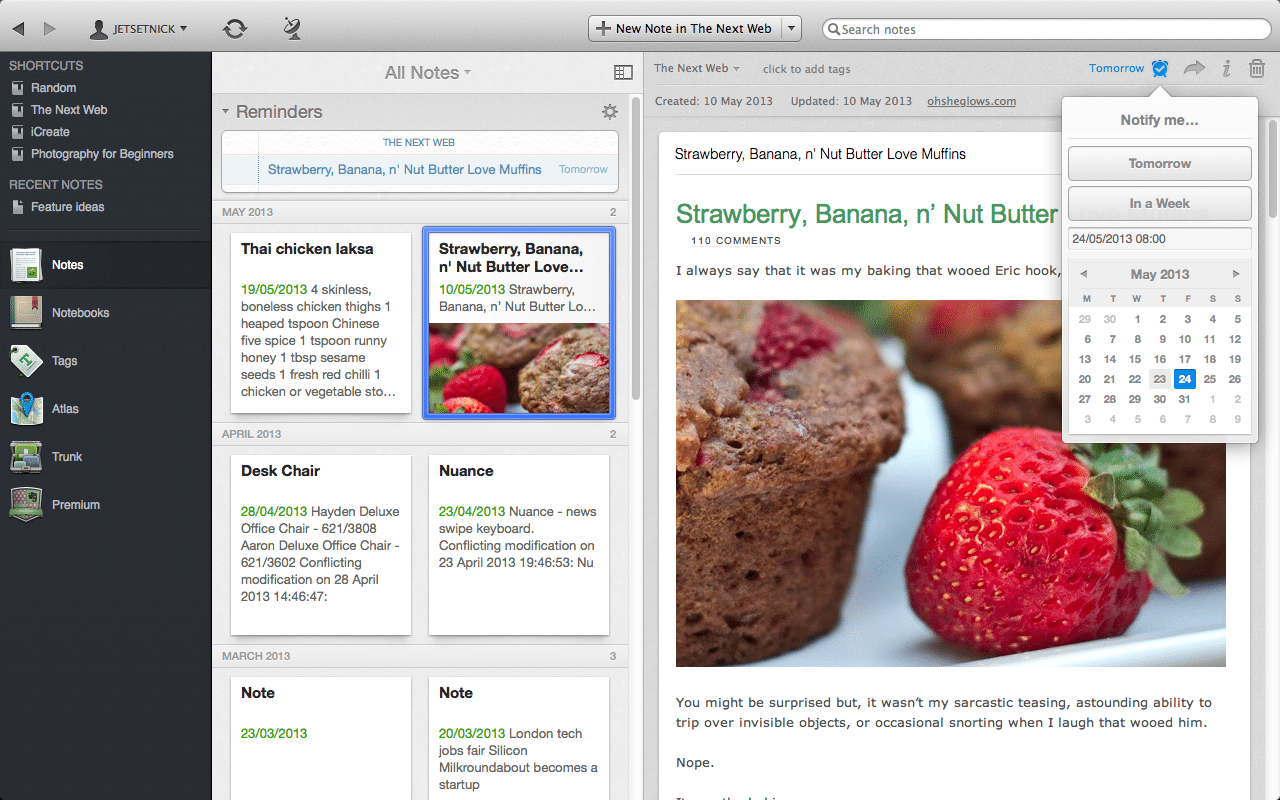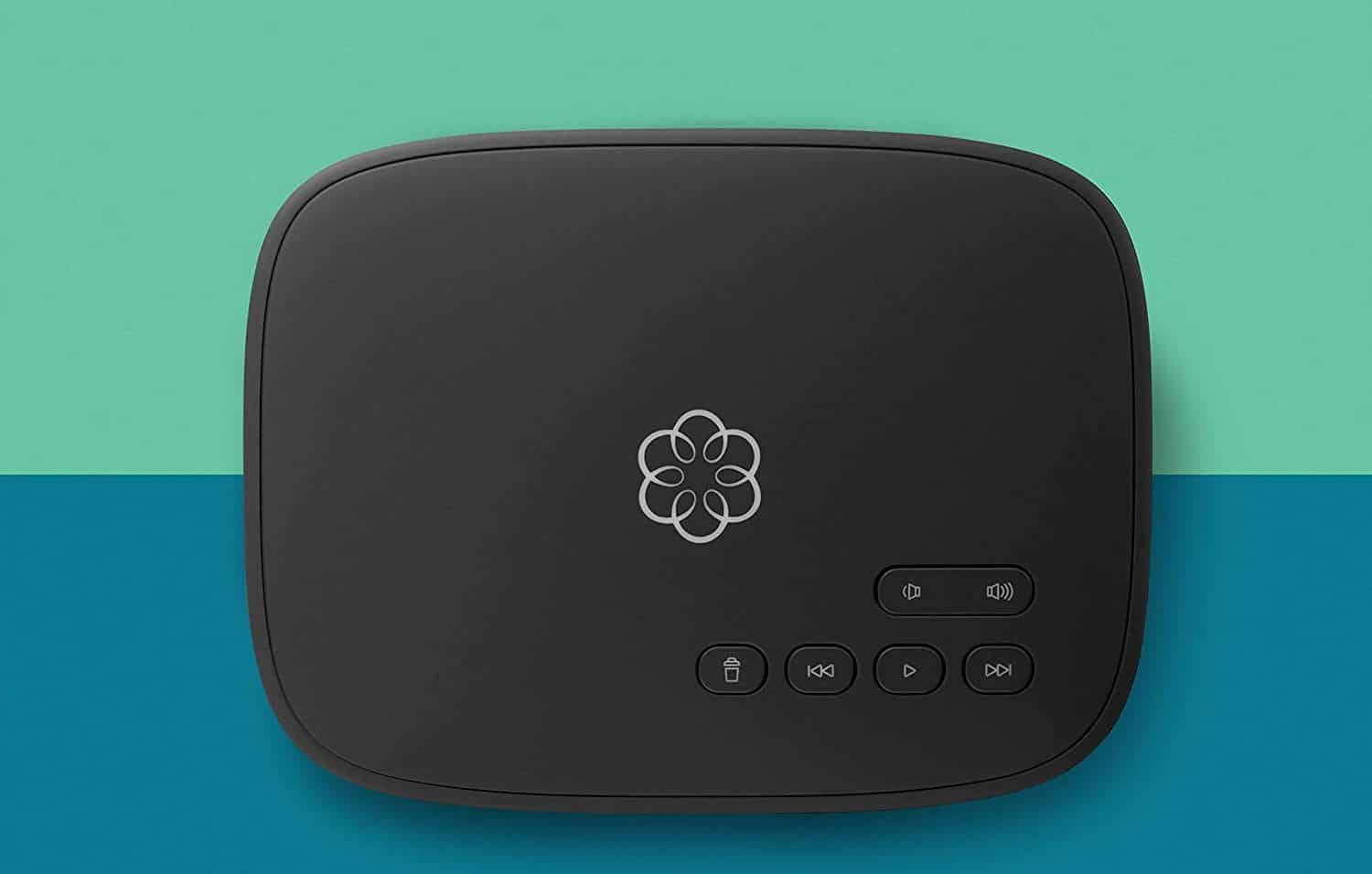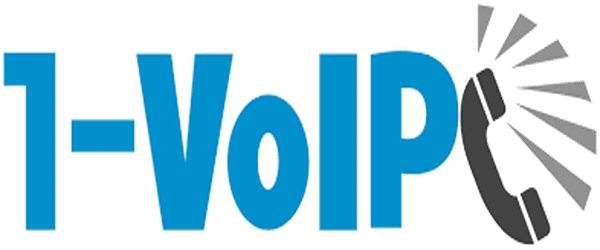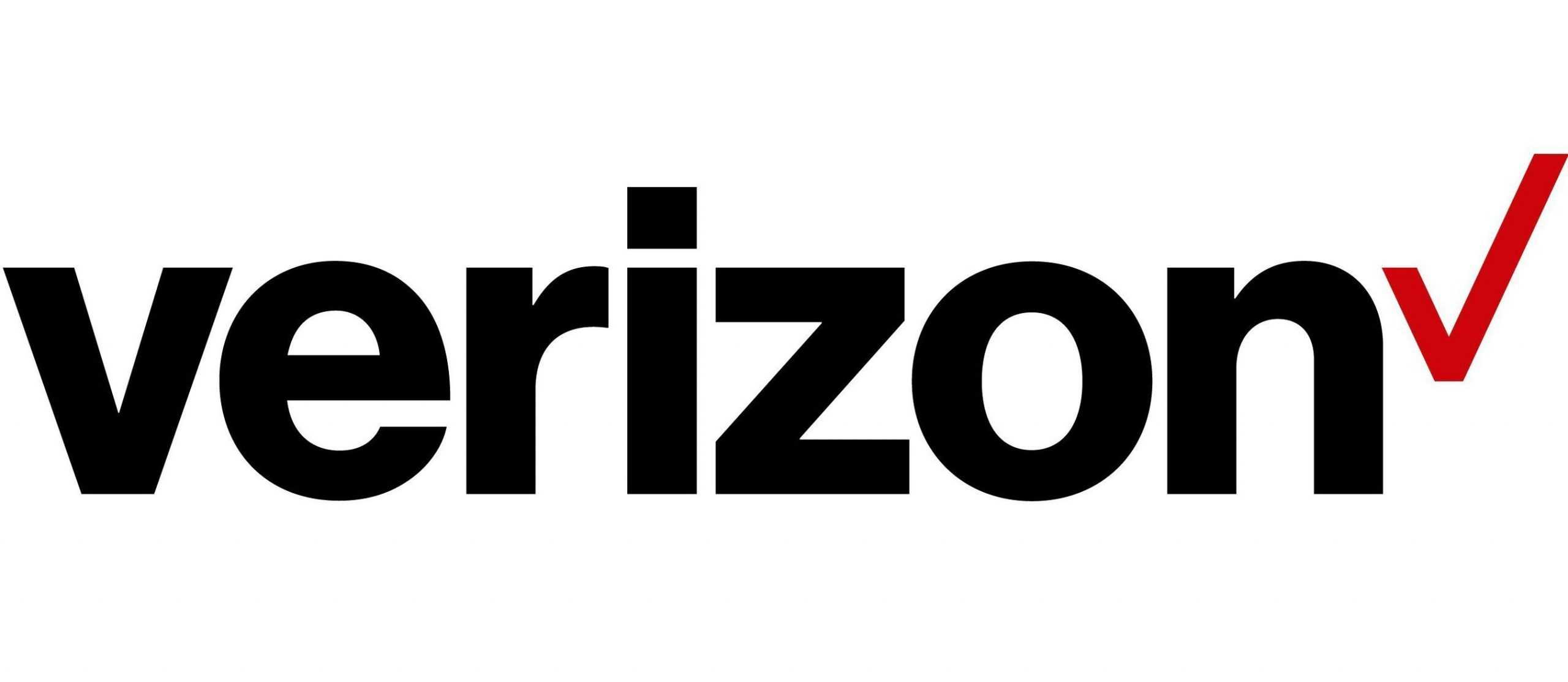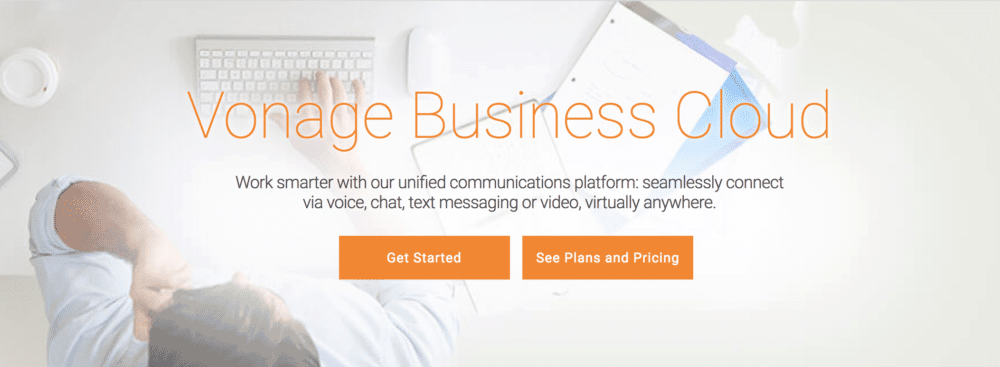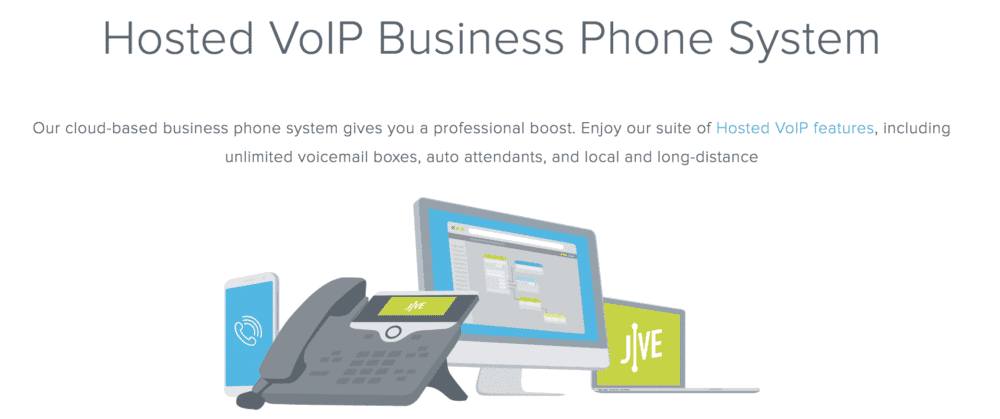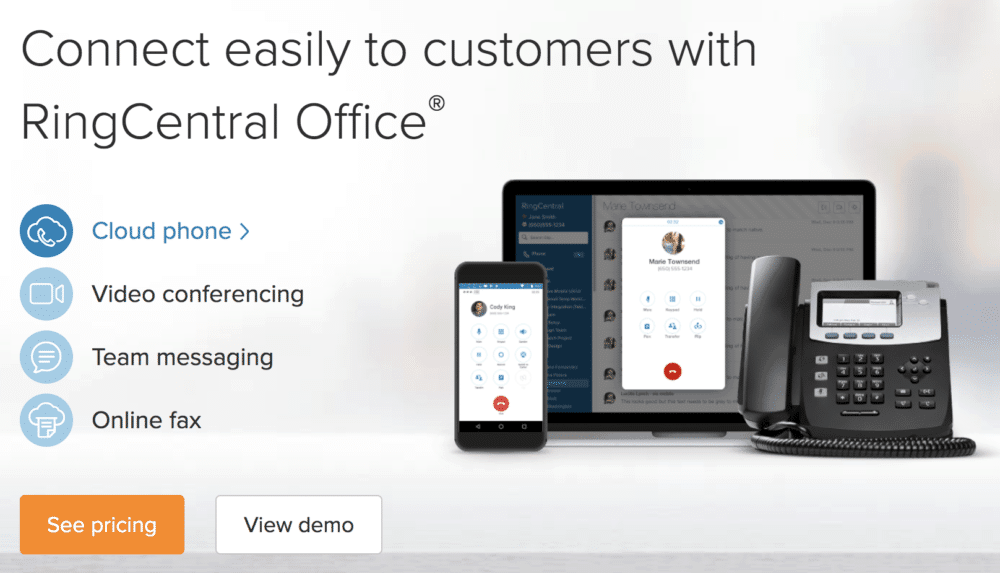These days, most phone-users are aware that VoIP exists and that it has…well, something to do with the internet. Let’s learn about the best voip and what it is all about.
VoIP, or Voice over Internet Protocol, simply uses existing internet connections and physical internet networks (cables, fiber optics, etc.) to deliver phone services.
As we all know from those annoying pop-up videos on websites, internet lines can easily carry audio data. VoIP services simply use that data in a phone number-based communication model.
Using VoIP over traditional telephone lines carries a number of benefits, including lower costs, bundles services, more features, and easier management. It’s no surprise a lot of businesses switch to VoIP or start using it on day one.
But there are two different kinds of VoIP services – fixed and non-fixed – and choosing between is a particularly important decision. We’re going to explain the exact differences between these services, and which one is right for you!
Fixed VoIP: What It Is and How It Work (hint: linking number and address)
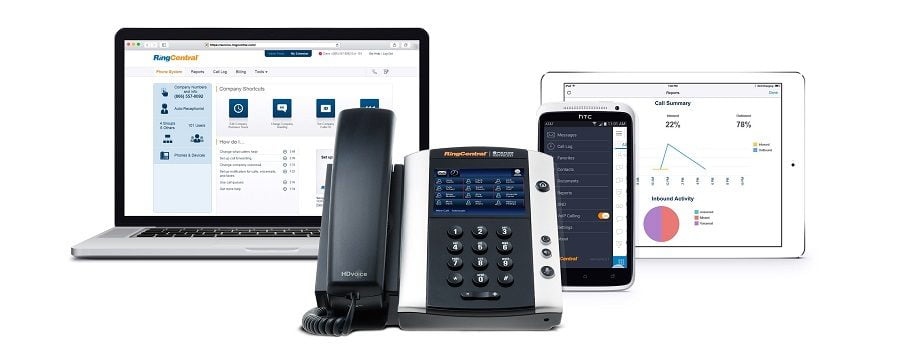
Fixed VoIP is “fixed” to a physical address. This is the traditional way that phone numbers were assigned: Without a physical address to link the number to, you couldn’t get a phone number. That changed quite a bit when smartphones started showing up, but even now mobile phones typically need a physical address on the account.
So, when you sign up for a popular service like Vonage, they require you to associate the VoIP number with a physical address. For most users, this is no problem. In fact, most businesses are very happy to have a phone number associated with a physical address: it ties their contact information together neatly, and makes an easy reminder to include the correct address with the phone number.
In this situation, the provider tends to use their own cables to provide VoIP services, which lends even more authenticity to the number. This can come with some surprising benefits, including less chance for your number to be stolen, and a better chance that important local services like 911 will work on your VoIP line.
However, the strict address rule does create some limitations as well. Pricing, for example, may be stricter for fixed VoIP. You realize those great savings when calling from the address itself, but other charges may apply if you try to use the service from elsewhere, depending on how your VoIP network is set up. This means it’s important to look at the details of your contract, and how fees are applied.
Additionally, fixed VoIP is an in-country service. You cannot get a number if you are operating outside of the country, and you may face extra charges for international calls, which could make international communication a little difficult for some.
Non-Fixed VoIP: Free-Floating Phone Numbers

Non-fixed VoIP is just what it sounds like: these numbers are not fixed to a physical address. When you sign up for them, the most you need to provide is an email address and payment option. This makes such services very flexible and easy to use.
Skype, for example, is an extremely popular version of non-fixed VoIP services.
The non-fixed approach has its own advantages and disadvantages. These services don’t really care about where people are, so using them internationally is very easy, making non-fixed services popular for businesses that do a lot of global communication. Costs may also be easier to control with a one-size-fits-all approach, especially for small and growing businesses that only need simple services.
However, non-fixed services also tend to lack the extra services and business-friend phone network models that fixed VoIP offers. It may not be possible to create a complex office phone system over these services. Also, non-fixed services are notoriously common for fraudulent activities and scams, so it may not make the best professional impression if there is another option.
Bottom Line for VoIP
Fixed VoIP options act a lot like traditional phone lines, and being associated with a physical address has a lot of advantages for a professional business, especially larger companies with a lot of phone lines. Non-fixed VoIP is generally better for personal use and more flexible for global communication, but doesn’t have as many professional options, and it’s not as reputable of a service.















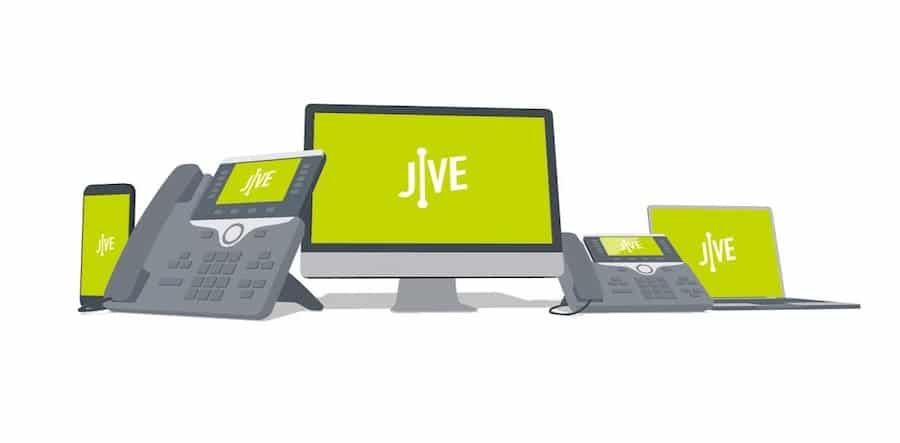

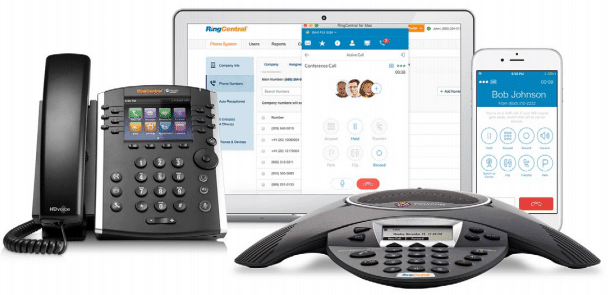

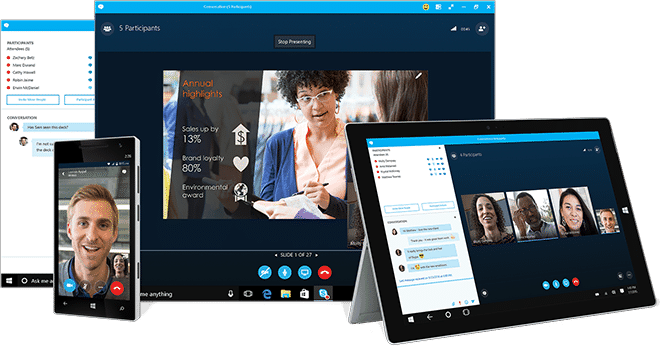
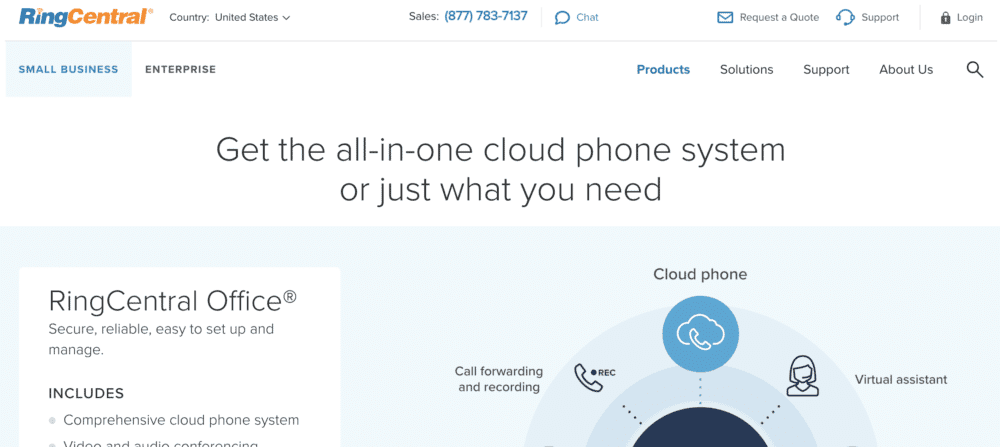
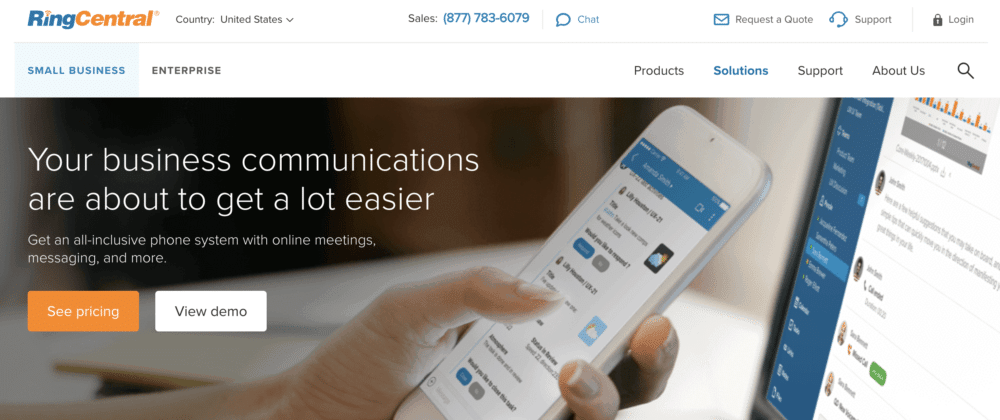
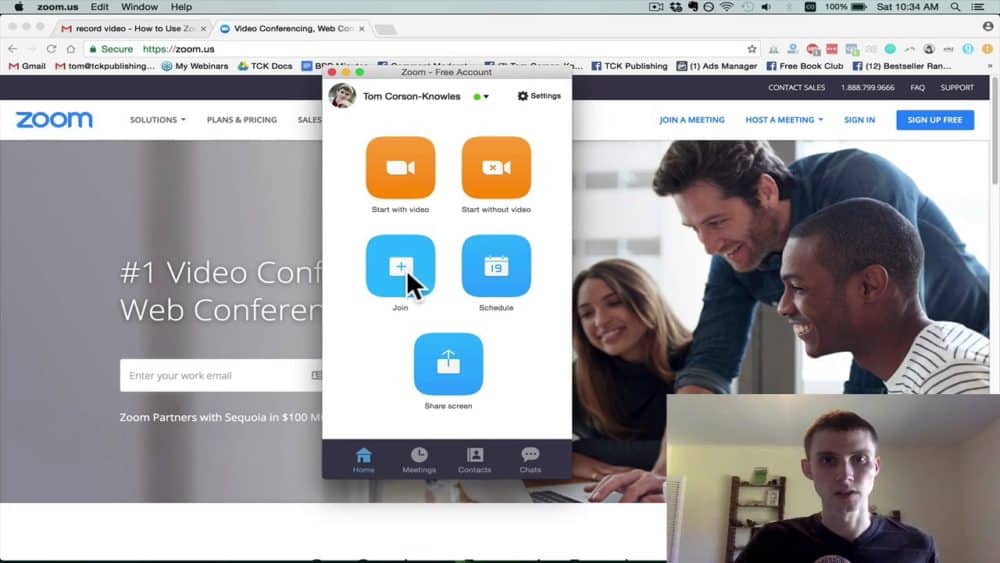

![Best VOIP Service in [year] ([month] Reviews) 19 Best VOIP Service in 2025 (April Reviews)](https://www.gadgetreview.dev/wp-content/uploads/RingCentral-Best-Business-VoIP-2016-900x350-1.jpg)
![Best Software & Apps in [year] ([month] Reviews) 20 Best Software & Apps in 2025 (April Reviews)](https://www.gadgetreview.dev/wp-content/uploads/LastPass-750x504-1.png)
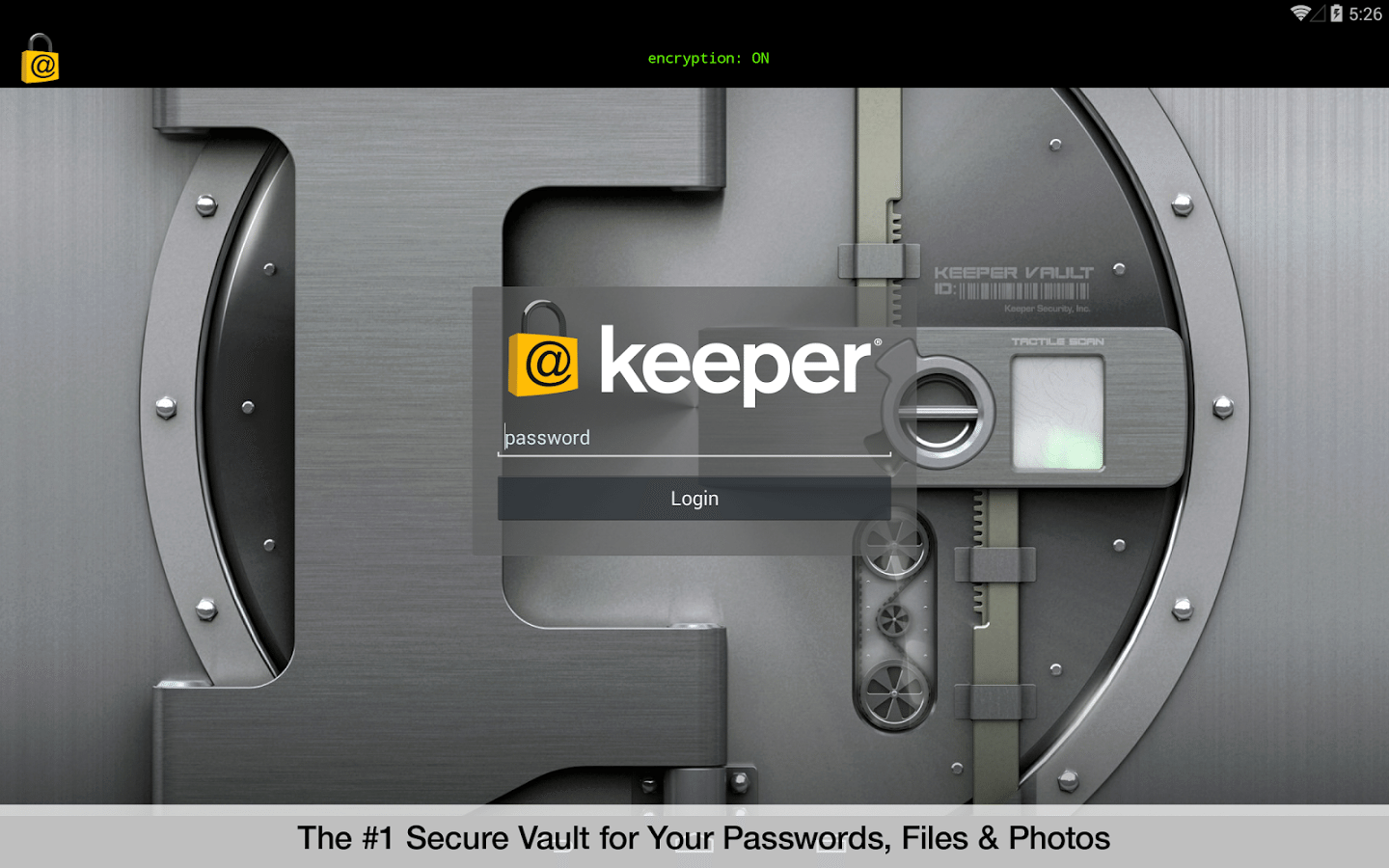
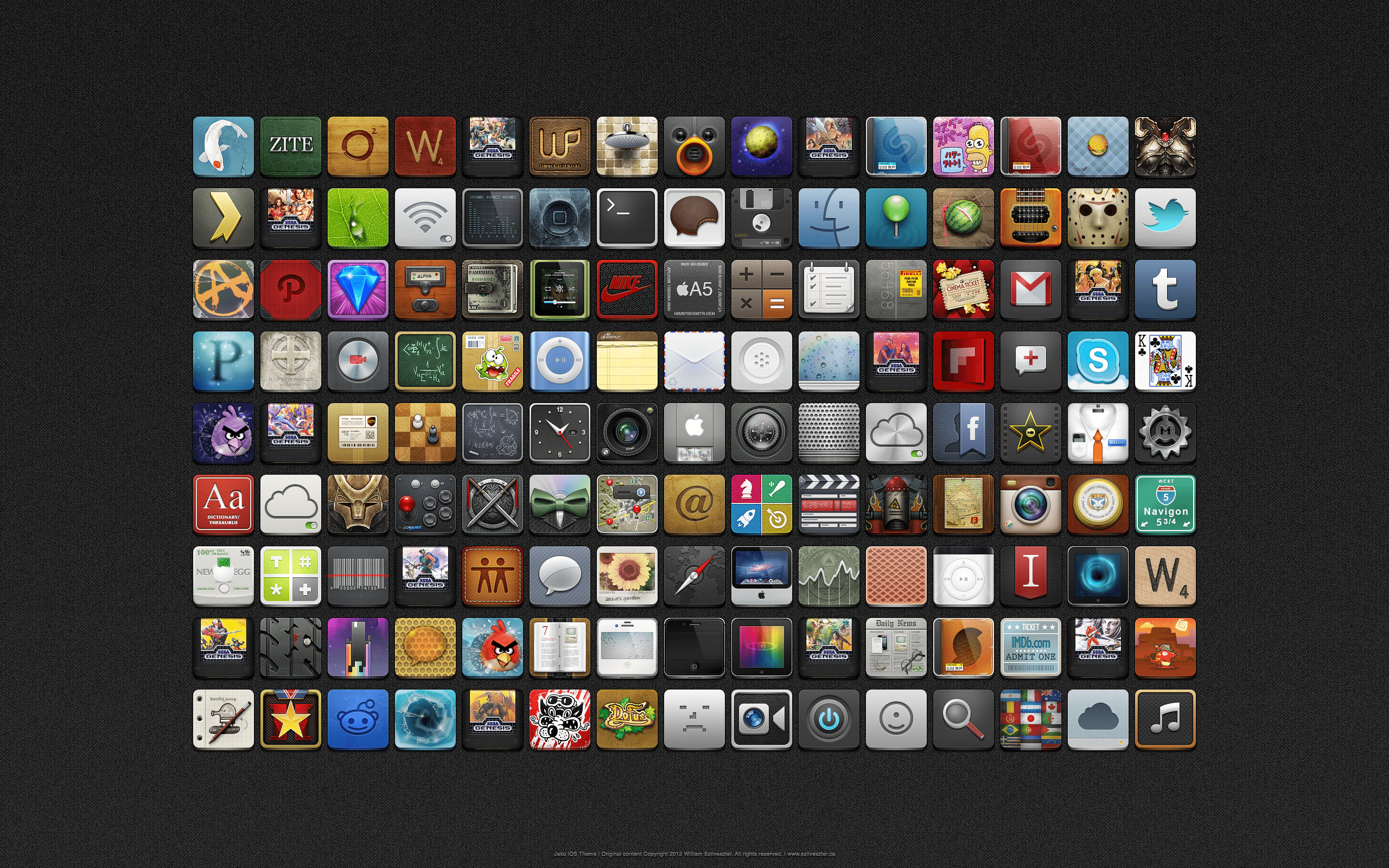
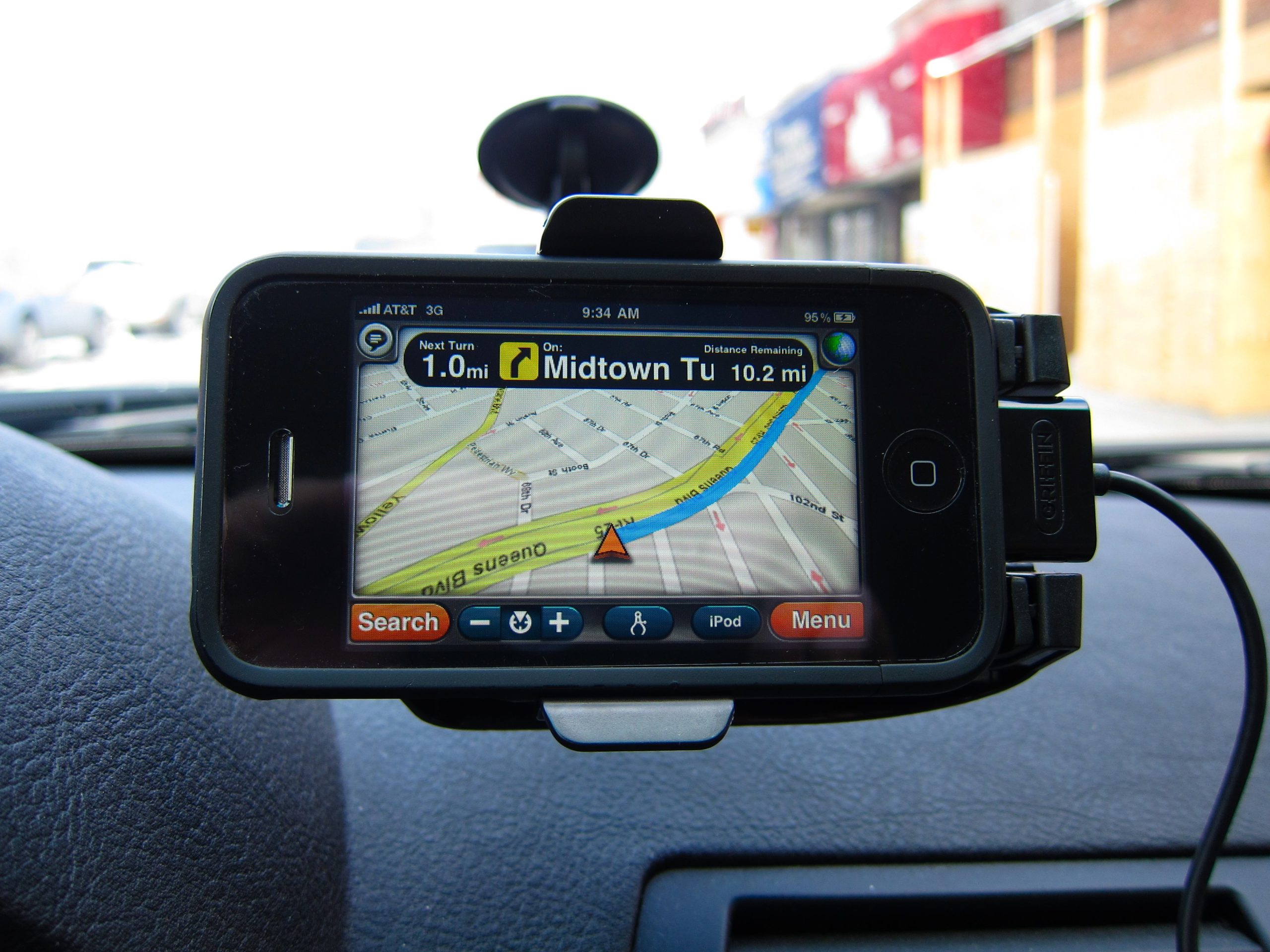



![Best Antivirus Software for [year] 27 Best Antivirus Software for 2025](https://www.gadgetreview.dev/wp-content/uploads/best-anti-virus-software.jpg)
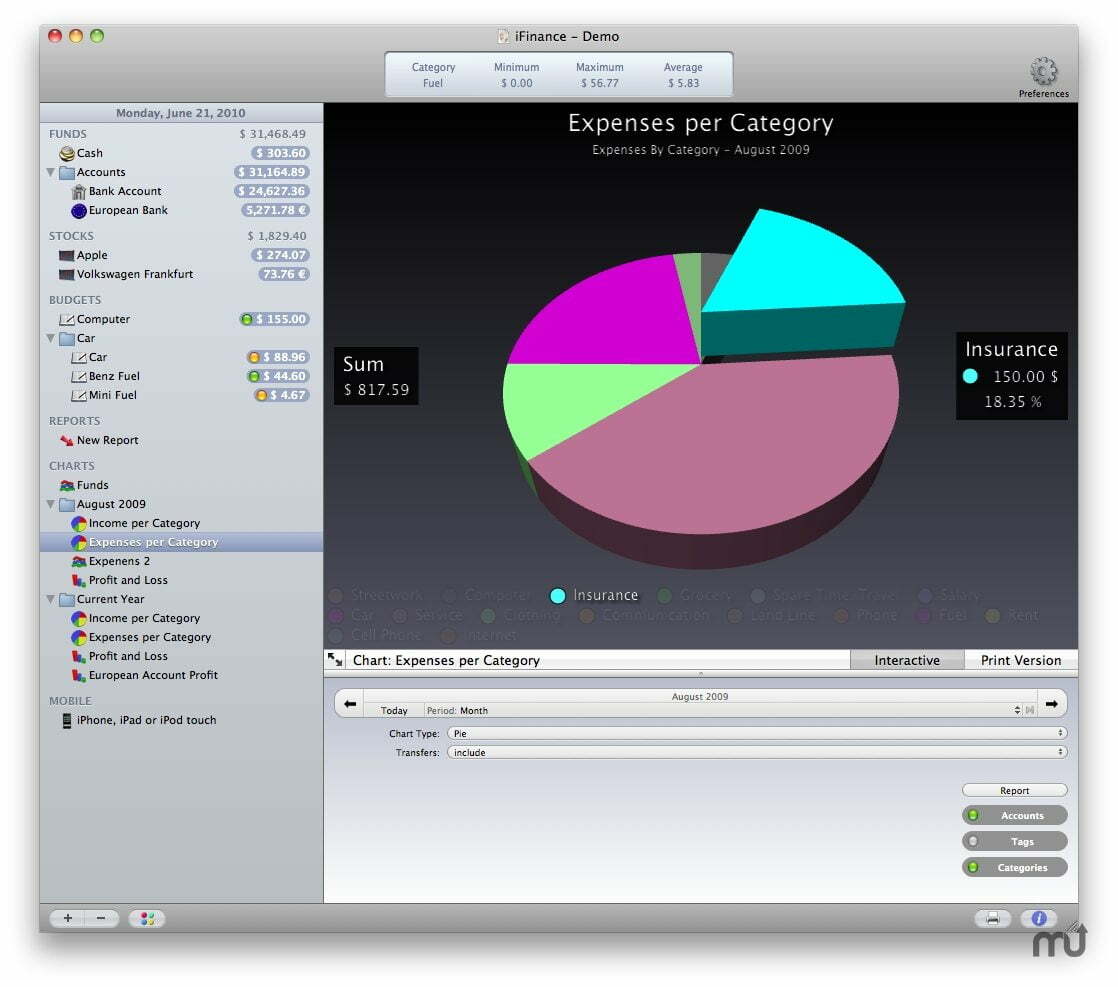
![Best RPG Games for iPhone [year] 29 Best RPG Games for iPhone 2025](https://www.gadgetreview.dev/wp-content/uploads/top-iphone-rpg-games.png)





